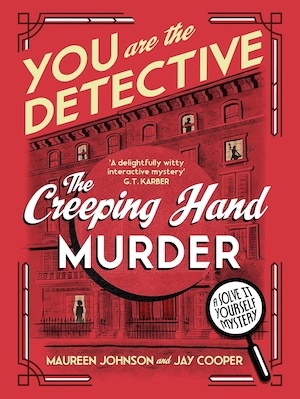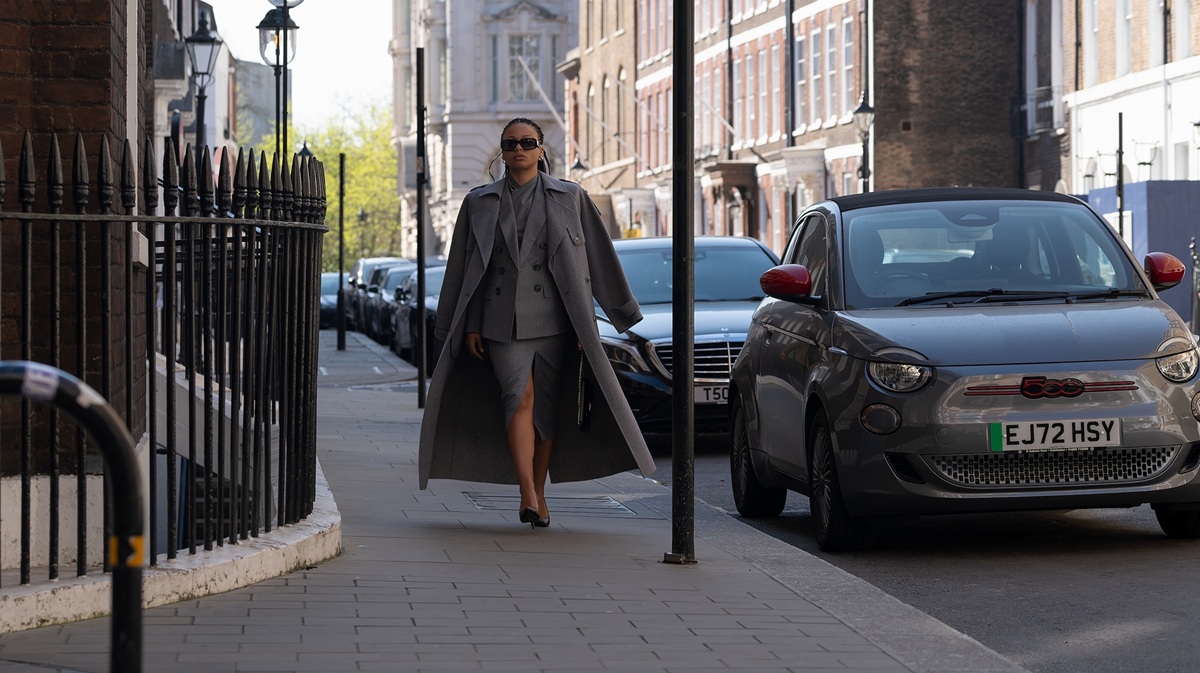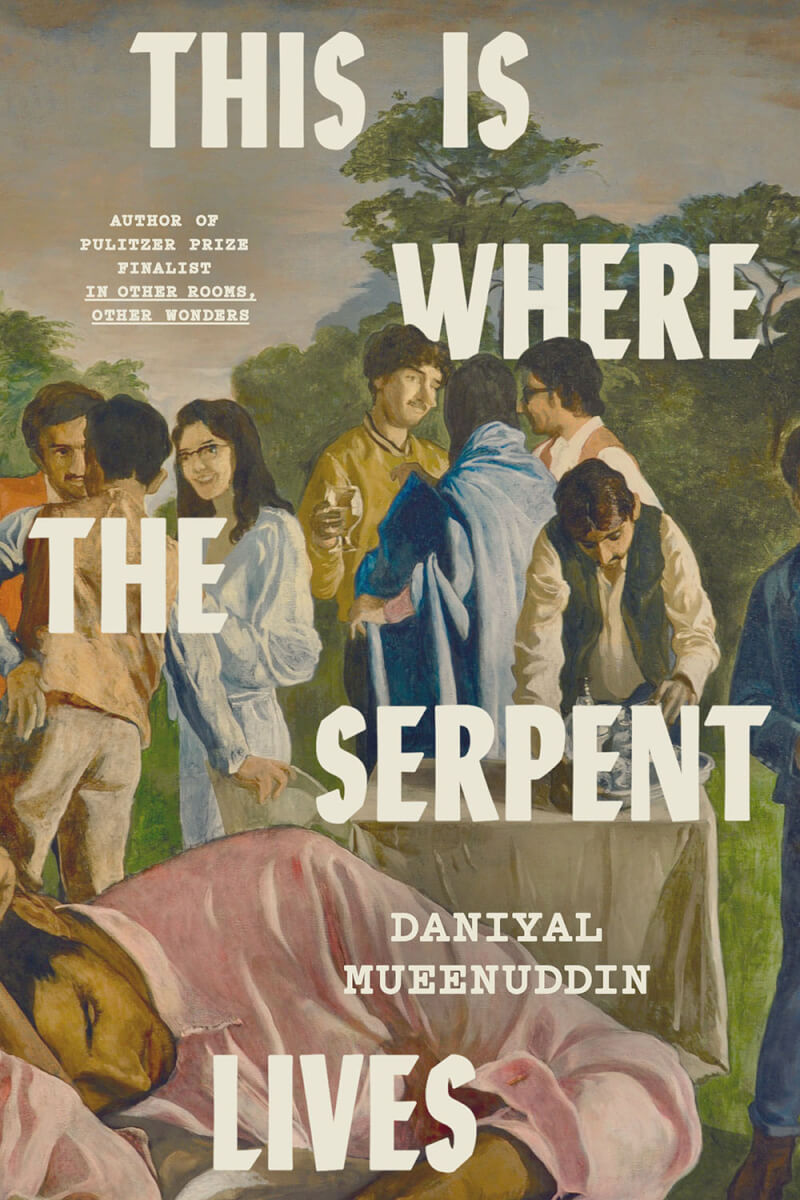A crucial tool for library workers is a strong, updated collection development policy. If it’s been several years since visiting whatever is in place, it is more than worth it to pull it out and update it as your library continues to grow and evolve. It’s vital to keep this updated all the time, but especially during a censorship friendly era, as a collection development policy lays the groundwork for the materials being selected and de-selected and offers patrons a guide to what they can or should expect. But in addition to a strong and current collection development policy, something each and every library needs is an up-to-date, solid challenge policy (also known as a reconsideration policy)/book challenge form.
For decades, the American Library Association (ALA) has provided a reconsideration form template. It offers all of the basics, and gives those who wish to exercise their rights to contest material to do so. This is a good thing, not a bad thing. A healthy democracy encourages input from an array of individuals.
But in an era of increased censorship with no anticipated cooling in sight, it’s time that challenge forms and policies are overhauled across the country.
The purpose of a challenge policy is to protect the professionals within an institution and to protect the rights of those whose tax money funds those institutions. Challenge policies uphold the First Amendment rights of all individuals while providing a formal avenue to address concerns in a uniform manner. This uniformity and consistency is important, as the leading reason for book bans in school libraries right now is a district either choosing not to follow or ignoring their policies for challenges all together. PEN America reports that only 11 school districts have followed their own policies consistently and that doing so reduced the number of books banned in those institutions.
One of the weaknesses in ALA’s template policy and discussion of book challenge policies more broadly is that it allows informal complaints. Informal complaints could be anything from showing up to a board meeting to read offending passages out loud to a parent telling a librarian they are disgusted by a particular title being available. These informal complaints are to be treated the same as a formal complaint. That leaves the door wide open to interpretation from individuals, as well as for administrative overreach (as has been seen again and again).
All book challenges should require a formal complaint. These complaint forms should be easy to find and readily available to those who’d like to use them. A good collection development policy portends a good challenge policy, and making both easily accessible shows confidence in not only those frameworks but also in upholding First Amendment rights.
In a recent presentation, New Jersey librarian Martha Hickson highlighted the weaknesses in ALA’s template reconsideration policy. She points out specifically that the template policy is nearly identical across some of the most high-profile book challenges in the US. And, for the most part, these forms don’t expect much from those who file them. As we’ve seen over and over, because so many of these challenges are coming from social media pushes or through book lists distributed to right-wing groups and organizations, all that’s needed to do to file a form is print the images that have been shared, point to “obscenity” laws (or something similar), and demand the book be removed. Without updating their template form, ALA has not kept up with the current realities in school and public libraries.
What should be included in a good challenge policy?
- Articulate the purpose of a library collection and tie it into topics of liberty, justice, and freedom (i.e., the First Amendment)
- Outline the exact steps of the formal process on the form, including timeline, committee makeup, contact points, and what information is used in making a decision. Make this form readily accessible and easy to locate on library websites. The more information available, the more transparent the process.
- Be explicit in form challenge requirements: materials were read in full, were understood, and points of contention are not copied or pasted from anywhere outside the filer’s own work. Limit how many challenges a patron can have active at once and that once a decision is made, it remains in place for a predetermined period of time.
- Include the costs of a book challenge in your form. Estimates are fine and should include costs for acquiring materials for each committee member, time spent reading the material, costs for accessing reviews of the material, and time spent in committee meetings.
Once you can articulate those things, then it’s on to developing a formal challenge form. The form should include two parts — the first of which primarily follows ALA’s template, while the second offers a deeper level of insight into what constitutes a problem with the material.
Here’s what that might look like:
Begin with a short explanation of what the procedure is for challenging a book, the estimated cost of a challenge, and the timeline from form submission to decision. Be clear that only one form from a household is accepted at a time, and that material being challenged must be read in full. The form must also be completed in full.
Include a line about the purpose of the library collection and its commitment to the rights of individuals to read and access materials they would like to is a fundamental principle of the institution.
Part 1: The basic information. This looks like ALA’s reconsideration request form with some adjustments.
- Requester’s name, contact information, and if they are affiliated with any group
- Type of material being addressed
- Title, author, year of publication
- How did you learn about this material?
- Did you read/listen/view the material in full?
For “no” responses on the final question, no further action is needed. The resolution is simply that the material in question was not considered in full and therefore cannot be put through the reconsideration process.
Part 2: Understanding the material being challenged. Much of this is adapted from librarian Martha Hickson’s suggestions. Note here that incomplete responses or no responses to questions will void the form.
- Explain the purpose of this material
- What positive qualities does the material present
- What are your concerns about the material, including citations and quotes
- How has the material been assessed in professional review sources (include citations)
- Provide citations in support of your objections
- How does the material fail to comply with district educational objectives
- In what ways does the material fail to meet state educational objectives
- Explain how the material fails to meet Intellectual Freedom standards
- Who would be negatively impacted by this material and how (citations and evidence required)
- What would you replace the material with (include titles and professional reviews of replacement)
- Why do you believe you should be able to restrict the reading choices of community members, including children?
All forms should require a signature at the bottom, indicating that the person who has filed the form understands the purpose of the library and that parents always have the right to educate their own children about the books that may be best for them.
This book challenge form template is available to save, download, and modify.
This Week’s Call to Action
If you work in a library, update your challenge forms. If you aren’t in a position to make those decisions, seek out those who are. Be familiar with your institution’s policies and be proactive in keeping them updated.
Not in libraries? This week’s call to action is to write to your representatives in support of student’s rights. Highlight current legislation that infringes on intellectual freedom, including that in Tennessee, Georgia, and Oklahoma, as well as potential legislation in South Carolina and the behaviors of a state representative in Idaho. These examples are but a few, but citing them in your letters shows you know what’s happening, you’re an informed citizen, and you demand it not happen when you are (and/or demand accountability for these actions that actively harm children AND adults).
For more ways to take action against censorship, use this toolkit for how to fight book bans and challenges, as well as this guide to identifying fake news. Then learn how and why you may want to use FOIA to uncover book challenges.
This Week’s Book Censorship News: May 6, 2022
- In South Carolina, funding for public libraries may be in jeopardy if books on shelves are deemed “inappropriate.”
- Liberty Lake Municipal Library (WA) will not remove Gender Queer from shelves.
- ““So even though some of the recommended replacements are on the same themes, in many instances, they are not, and that recommended replacement is seriously problematic, because it means that children cannot have access to those ideas that were in their original books,” Huddleston said.” This is a great read about the realities of 110 books being pulled from North East ISD (Texas) and the impact it has on queer teens.
- 16 books have been challenged in Nixa Schools (MO) since February. No action has been taken but six of the books are not accessible to readers. Complaints are coming from a Facebook “parental rights” group called Concerned Parents of Nixa.
- Neanderthal Opens the Door to the Universe will not be pulled from Chippewa Falls ninth grade classrooms (WI).
- Three books will stay in Polk County, Florida schools: I Am Jazz, Almost Perfect, and Two Boys Kissing.
- In Savannah, GA, books don’t look like they’ll be removed but there will be an option to restrict access to them (I’m paywalled, so the whole story is not accessible to me).
- Rapid City Area schools (SD) tried to quietly remove 350+ books from the school through their “surplus materials” list.
- An Idaho State Representative cohosted an event on how to get books removed from libraries.
- Out of Darkness will remain in Cary school district (NC).
- Among the books being challenged in Davidson County schools in North Carolina is The Bluest Eye. I am paywalled so cannot share further details.
- Grapevine-Colleyville’s school board (TX) is considering banning books and “critical race theory.” You need to be paying attention to your school boards and voting if yours are up for election.
- Speaking of that, a story out of Baldwinsville, New York, mentions how a group of local parents are pushing “parents rights” advocates for their current school board elections. This line is great: ““To have someone who is an expert in Eastern Euro studies, that’s their whole job, they devoted their life to that and they are being overrule by people elected but they are not professionally educated,” said Steve Guglielmo. “It’s important our students understand our history. Those who don’t understand history are bound to repeat it.””
- Bossier Parish (LA) canceled its connection to the free Epic reading app because of parental complaints about queer books.
- Brevard County (FL) also canceled their Epic app over the queer books available within it.
- Last week, I highlighted how one school district in Virginia decided not to use new textbooks because some parents cried “divisive contents.” The board this week found their spines and is getting the textbooks.
- Wilson County schools in Tennessee have elected to keep four books in the high school but will be removing them from middle schools. The books are Crank, Monday’s Not Coming, Clockwork Princess, and A Court of Mist and Fury.
- ““This is not an issue about banning books – it is about jurisdictional lines on what the proper role of the school is versus the family,” Miller said. “The family was established by God as the first institution, and it will always be so. It is important to me, as a parent, to have a say in what books my children read because that is the way God designed the family system to function. I am responsible for their mental, emotional, physical, and spiritual development and well-being and I take that stewardship mandate very seriously.”” — 22 books are being challenged in Madison County School District in Mississippi. They are primarily queer books and books by or about people of color. You may remember Madison County, Mississippi from the time the mayor withheld funding over queer books at the public library.
- An update on how the book challenge in Ramsey, New Jersey, began. Books in question are Lawn Boy and Gender Queer.
- LGBTQ+ stickers were banned in a Kansas City area school. Stickers.
- ““Some parents are concerned that teaching diverse perspectives encourages students to be ashamed of their privilege. In contrast, we believe that diversity in perspective is needed in our schools to prepare students to enter the world outside of Morris County.”” In one New Jersey district, a small minority of voices are challenging books like Dear Martin, but the majority are deeply supportive. If you’re wondering why New Jersey is making many appearances on these lists lately, it’s because New Jersey has been an example used throughout the various anti-CRT/anti-comprehensive sex education Facebook groups.
- A Lancaster area school (PA) hosted a drag show that drew ire from a certain notorious Twitter account and now they’re investigating and calling the performance unacceptable. Way to bow to pressure. “Gay sexuality awareness” club is not even what the group would be called. That’s right-wing rhetoric, despite this article being in a legitimate outlet.
- Enid Public Library (OK), which is now famous for banning book displays about sexuality or gender and killed their romance book club, is being sued.
- “RISD [TX] looked at the book list and decided that two of the books, Burn Baby Burn by Meg Medina and Everybody Sees The Ants by A.S. King, were inappropriate for junior-high students.” This came after a parent said there were 17 “inappropriate” books in a Facebook post.
- In Frederick county, Virginia, “School Board member Miles Adkins said some of the books that had been brought to his attention are “vile” and “disgusting.”“I’m ashamed that they’re in our school,” he said. “There needs to be better management of it.””
- When the local media wrote about an on-going challenge of A Good Kind of Trouble in Henrico, Virginia, schools, the parent suddenly decided to withdraw the complaint.
- All Boys Aren’t Blue will remain on shelves in Salina, Kansas. Still.
- Moms For Liberty celebrate books they got removed from schools in Hamilton County, Indiana, and show how others can do the same.
Also In This Story Stream
- How One District Is Pushing Back Against Book Banning: Book Censorship News, April 22, 2022
- What Do School Boards Do?: This Week’s Book Censorship News, April 15, 2022
- No Actions Offered to Librarians to Help With Book Bans From National Org: Book Censorship News, April 8, 2022
- Technology for Parent Monitoring of Student Library Use is Being Developed by Follett: This Week’s Book Censorship News, April 1, 2022
- The Censorship Story I Can’t Tell You: This Week’s Book Censorship News, March 25, 2022
- What Are Obscenity Laws?: Book Censorship News, March 18, 2022
- Why Didn’t The New York State Education Department Defend Its State Librarian?: This Week’s Book Censorship News, March 11, 2022
- How Much Does a Book Challenge Cost?: This Week’s Book Censorship News, March 4, 2022
- Take One Step This Week Toward Combating Censorship: This Week’s Book Censorship News, February 25, 2022







